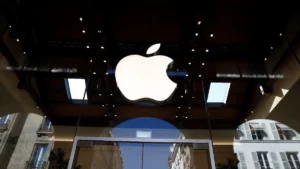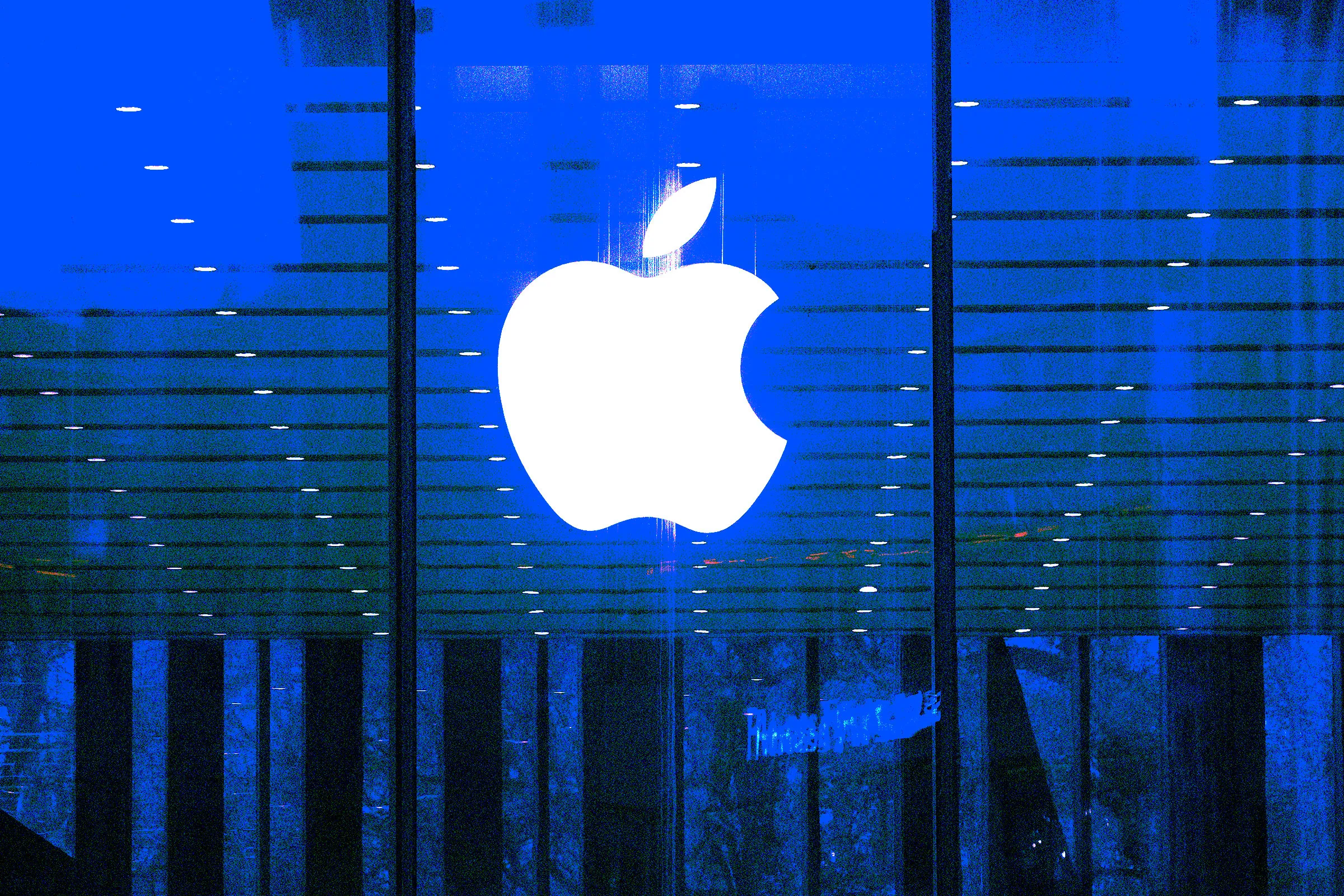Apple has been fined a substantial amount of €1.84 billion (approximately $2 billion or Rs 16,568 crore) by the European Union antitrust regulators due to its App Store policies. This ruling prohibits Apple from preventing music services from advertising cheaper subscription deals outside of its platform. The decision, announced by the EU Commission, is the result of a thorough investigation into Apple’s practices regarding the distribution of music streaming apps through the App Store. Margrethe Vestager, Executive Vice-President in charge of competition policy, criticized Apple for abusing its dominant position in the market by restricting developers from informing consumers about alternative, cheaper music services available outside of the Apple ecosystem, which is illegal under EU antitrust rules.
The Commission emphasized that Apple’s prohibition on music streaming app developers from fully informing iOS users about alternative and more affordable subscription services outside of the App Store stifled competition and consumer choice. In response, Spotify, a major player in the music streaming industry, condemned Apple’s behavior, stating that Apple’s rules hindered its ability to communicate directly with users about subscription prices and promotions, while Apple Music, its competitor, faced no such restrictions.

Apple, however, strongly contested the decision, arguing that the Commission failed to uncover credible evidence of consumer harm or anti-competitive behavior. The company accused Spotify of seeking unfair advantages without contributing to Apple’s ecosystem. This ruling stems from an investigation initiated in 2020 after Spotify filed an antitrust complaint against Apple’s “Apple Tax” and restrictive App Store policies. Over time, the Commission’s focus shifted towards App Store rules that limited developers’ ability to inform users about alternative payment options.
While Apple has made some concessions, critics argue that these changes are insufficient to address the concerns raised by regulators and developers. The EU’s fine comes as Apple prepares to revise its app distribution rules in compliance with the EU’s Digital Markets Act, allowing third-party app marketplaces on the iPhone for the first time.
Apple has announced its intention to appeal the decision, maintaining its position that the App Store has fostered a competitive environment and provided valuable opportunities for developers. As the tech giant gears up for legal battles in Europe, the ramifications of this ruling are likely to reverberate across the global tech industry.
In response to the decision, Apple emphasized that despite the Commission’s claims, there was no credible evidence of consumer harm and that the App Store has facilitated a competitive digital music market. Apple also highlighted Spotify’s choice to sell subscriptions on their website instead of through the App Store, where Apple does not collect a commission.
Additionally, Apple noted that the decision comes just before the implementation of the Digital Markets Act (DMA) and stated its plans to comply with the DMA. The company criticized the decision as an effort by the Commission to enforce the DMA before it becomes law, arguing that it is not grounded in existing competition law. Overall, Apple asserted that European consumers have more choices than ever, and the decision only cements the dominant position of successful European companies in the digital music market.









